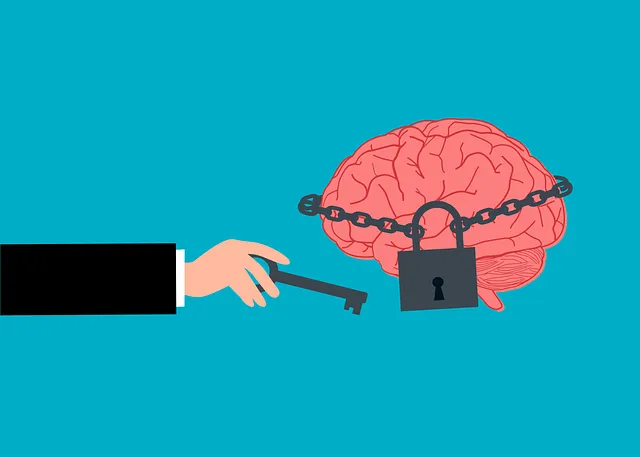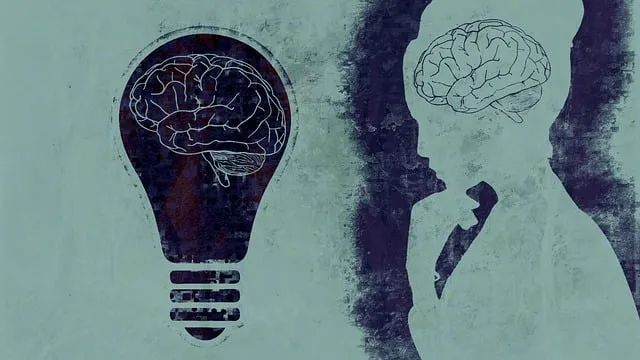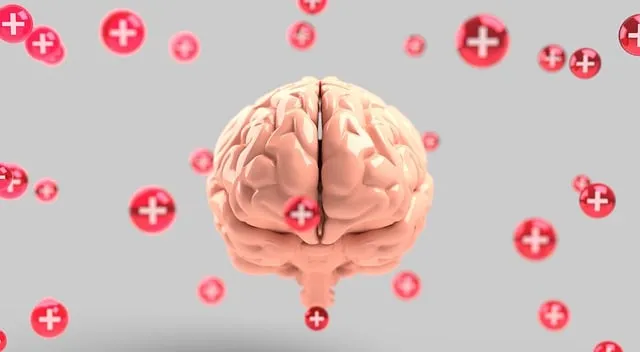The Kaiser Permanente Mental Health Access Center Lone Tree prioritizes cultural sensitivity as a core element of its care philosophy, recognizing that diverse backgrounds and beliefs influence mental health experiences. By understanding and respecting these differences, the center offers tailored services through programs like Inner Strength Development, Emotional Intelligence, and Mental Health Education. This comprehensive approach ensures effective treatment, promotes healing, and closes communication gaps across various cultural tapestries, ultimately enhancing patient outcomes and fostering inclusive mental healthcare.
Cultural sensitivity is a cornerstone of effective mental healthcare, especially within diverse communities. This article explores the impact of cultural diversity on mental well-being and delves into the specific challenges faced by the Kaiser Permanente Mental Health Access Center in Lone Tree when serving a varied patient population. By examining cultural beliefs and practices, we uncover barriers to care and present evidence-based strategies to enhance cultural sensitivity, ensuring inclusive and responsive mental healthcare services for all.
- Understanding Cultural Diversity and Its Impact on Mental Health
- – Exploring the significance of cultural sensitivity in mental healthcare
- – Discussing various cultural beliefs and practices that influence mental health perceptions and treatments
Understanding Cultural Diversity and Its Impact on Mental Health

Cultural diversity is a rich fabric that greatly influences mental health experiences. In the context of the Kaiser Permanente Mental Health Access Center Lone Tree, understanding and appreciating this diversity is paramount to providing effective care. Every individual brings their unique cultural background, shaped by their heritage, traditions, and belief systems, which can significantly impact how they perceive and express mental health issues. This cultural lens influences not only symptoms but also coping mechanisms and treatment preferences.
By recognizing the interplay between culture and mental health, the center can tailor services to meet diverse needs. Effective communication strategies, such as those designed through comprehensive Mental Health Education Programs, play a crucial role in bridging cultural gaps. Preventing burnout among healthcare providers is equally vital to sustain sensitivity towards cultural differences over time, ensuring that all patients receive respectful, competent care that considers their background and promotes healing.
– Exploring the significance of cultural sensitivity in mental healthcare

In the realm of mental healthcare, cultural sensitivity is a game-changer that fosters effective treatment and improved access to services for diverse populations. The Kaiser Permanente Mental Health Access Center in Lone Tree serves as a vibrant example, highlighting the impact of tailored care. Every individual’s journey with mental health is unique, deeply influenced by their cultural background, beliefs, and experiences. Practitioners who embrace cultural sensitivity are better equipped to navigate this intricate landscape, ensuring that every patient feels understood and supported.
By incorporating Inner Strength Development and Emotional Intelligence into practice, healthcare professionals create a safe space for individuals to share their stories and express themselves honestly. This approach, coupled with well-designed Mental Health Education Programs, empowers patients to take charge of their mental wellness while bridging cultural gaps in communication and care. Ultimately, these strategies contribute to enhanced therapy outcomes and promote the holistic healing of minds across various cultural tapestrys.
– Discussing various cultural beliefs and practices that influence mental health perceptions and treatments

Cultural sensitivity is a cornerstone in mental healthcare, recognizing that various cultural beliefs and practices significantly shape perceptions of mental health and influence treatment approaches. At the Kaiser Permanente Mental Health Access Center Lone Tree, this understanding guides their comprehensive care model. For instance, some cultures may view mental illness through a spiritual or traditional lens, emphasizing the interconnectedness of mind, body, and spirit. Others might prioritize community support and collective healing practices.
By integrating these cultural contexts into treatment plans, the center fosters resilience building and promotes culturally tailored interventions. This approach not only enhances access to mental health services for diverse populations but also ensures that self-care practices and mental wellness coaching programs are developed with an awareness of and respect for different cultural backgrounds. Such sensitivity contributes to more effective and meaningful healing journeys.
Cultural sensitivity is a cornerstone of effective mental healthcare, as evidenced by the diverse needs and perspectives within communities, including those served by the Kaiser Permanente Mental Health Access Center in Lone Tree. By recognizing and respecting cultural differences in beliefs, practices, and expressions of distress, mental health professionals can provide more personalized and accessible care. This approach not only enhances patient outcomes but also fosters trust and strengthens relationships between healthcare providers and diverse populations. Embracing cultural sensitivity is a vital step towards ensuring equitable mental health services for all.






